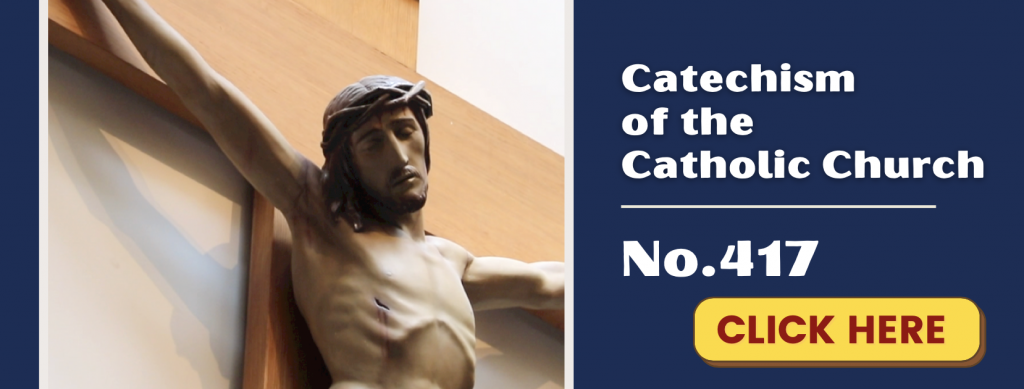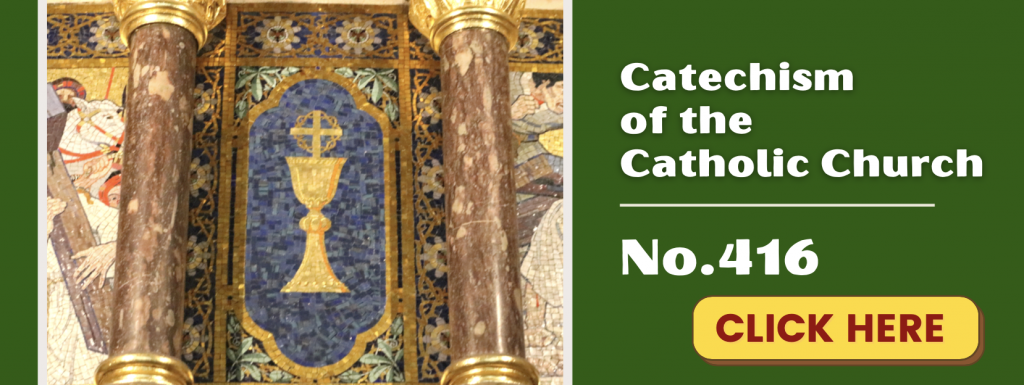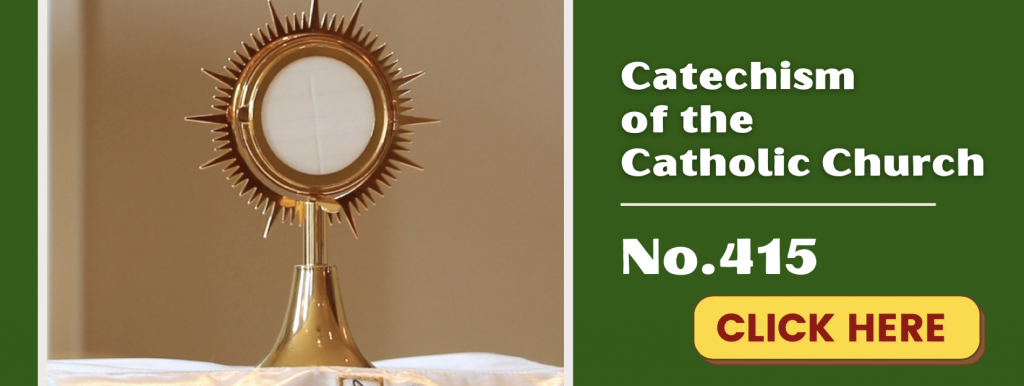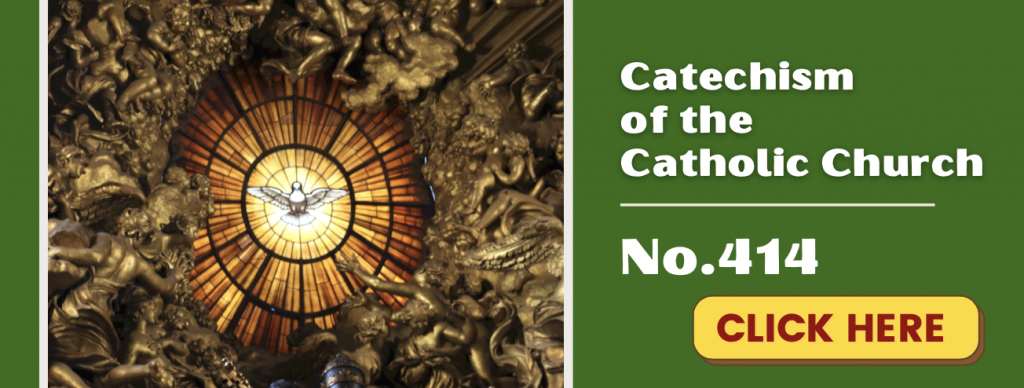
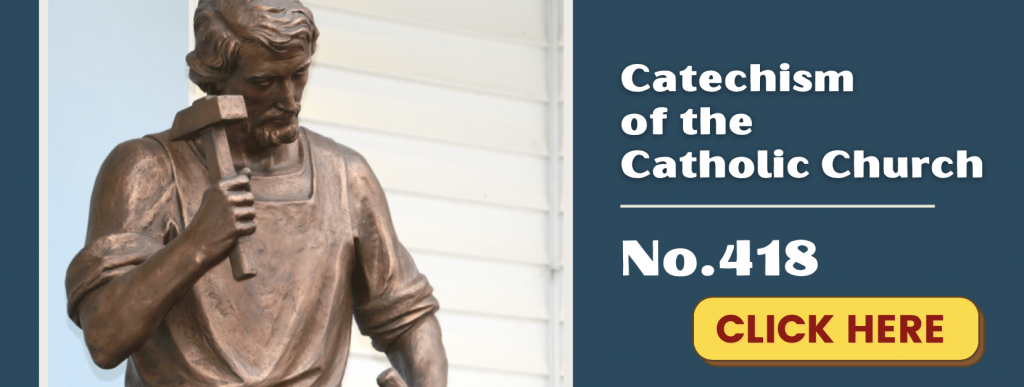

“For greater things you were born.” (Ven. Mother Luisita)
SUNDAY, July 25th Jn. 6: 1-15 “One of his disciples, Andrew, the brother of Simon Peter, said to him, ‘There is a boy here who has five barley loaves and two fish; but what good are these for so many?’”
- What good are these for so many indeed! And how can the little good that I can do in my life bring about the Kingdom of God on earth?
- Jesus’ multiplication of the loaves and fishes in today’s Gospel answers these questions. It is not about the “little good that I can do” but about what Christ does with that “little good.” Christ is the only Savior of the world. But He chooses not to save us without our participation! The little good that each of us can do.
THE BOY & THE LOAVES AND FISHES by Fr. Ed Broom, OMV
Try to picture the scene. Jesus is surrounded by thousands. There is not enough for these poor people to eat. The solution is found in one simple way—the little boy with the loaves and fishes. Perhaps Andrew asked other people who brought food, to share their food, and they refused.
God often uses little people, with little to offer, but with large and generous hearts to carry out extraordinary miracles. This short meditation is on the multiplication of the loaves and the fishes that the little boy generously gave to Jesus.
Following are different reactions the boy might have had regarding the loaves and fishes that he brought. Of the many options below, without knowing what Jesus was going to do with the loaves and fishes, which of these actions might you have taken? Knowing what Jesus actually did with the loaves and fishes, what action do you wish you would have taken?
1. Run away. When the little boy saw Andrew approaching, he could have simply run away and avoided the question.
2. Hide. Another option might have been to hide the loaves and fishes underneath a blanket his parents had.
3. Lie. He could have lied and said that these belonged to somebody else and were not his to give away, since they did not really belong to him.
4. Look for someone else who had food. This was another option—he could have avoided the issue by pointing at others who had food that they could share.
5. Selfishly refuse to give up his food. There was always this option. The boy could have simply said “No”! They were his and he had no intention of giving up anything. Looking at others without food, he might have thought: “I came prepared and you did not; you should suffer the consequences for your lack of preparation.”
6. Yes, but half and half. Or he could have compromised. Share what he had, keeping half and giving half away. At least this was a sign of good will!
7. Give it all away. As we know from the Scriptural passage, the boy did none of the above, but rather he gave away all he had, every morsel of the bread and the fishes that were his.
QUALITIES TO BE ADMIRED IN THIS LITTLE BOY!
1. GENEROSITY. The little boy did not delay in giving. He did not give part of what he had, keeping part for himself. He did not give begrudgingly, half-heartedly, with a frown on his face. He did not give looking for anything in return.
2. TRUST. He did not worry about going hungry. He just gave and trusted.
3. LOVE FOR JESUS. He gave his all to Andrew, but was he really was giving his all to Jesus.
What would have been your response to Andrew’s request at that moment in time? Where is your heart now in showing generosity to God and to others?
PRAY OVER THESE QUESTIONS:
1. Running? Are you and your conscience running away from God and from others?
2. Hiding? Is there something in your life that you are hiding from God, your Confessor, and even your own conscience?
3. Lying? Are you lying to yourself in one way or another about what you have done or not done?
4. Pointing to others? Do you have the habit of pointing a finger at others, while running away from your own responsibilities? Are you aware of the fact that your actions have consequences?
5. Selfishness or egotism? Are you selfish? Do you simply refuse to give what God is asking you to give to Him and to others? Do you have your hands and fists clenched so tight that neither God nor man can take anything from them?
6. Half-hearted? Or is it such that you are giving to God and to others but only half-heartedly, by half-measures. In your heart of hearts, you know that God is asking much more from you, but you do not want to leave your comfort-zone, your Linus’ blanket, your nesting place?
Finally, we admire the little boy for his generosity, his trust in Jesus, and his love for Jesus. St. Ignatius of Loyola has a word for this: MAGNANIMITY!
This key Ignatian word means to have a great soul, open for great things, and a willingness to give all to God, and to trust God for everything we need in return!
Let us all beg Jesus, Our Lord and Mary, our Mother to grow in this all-encompassing virtue of Magnanimity! And so fly to heaven some day on the wings of Magnanimity!

